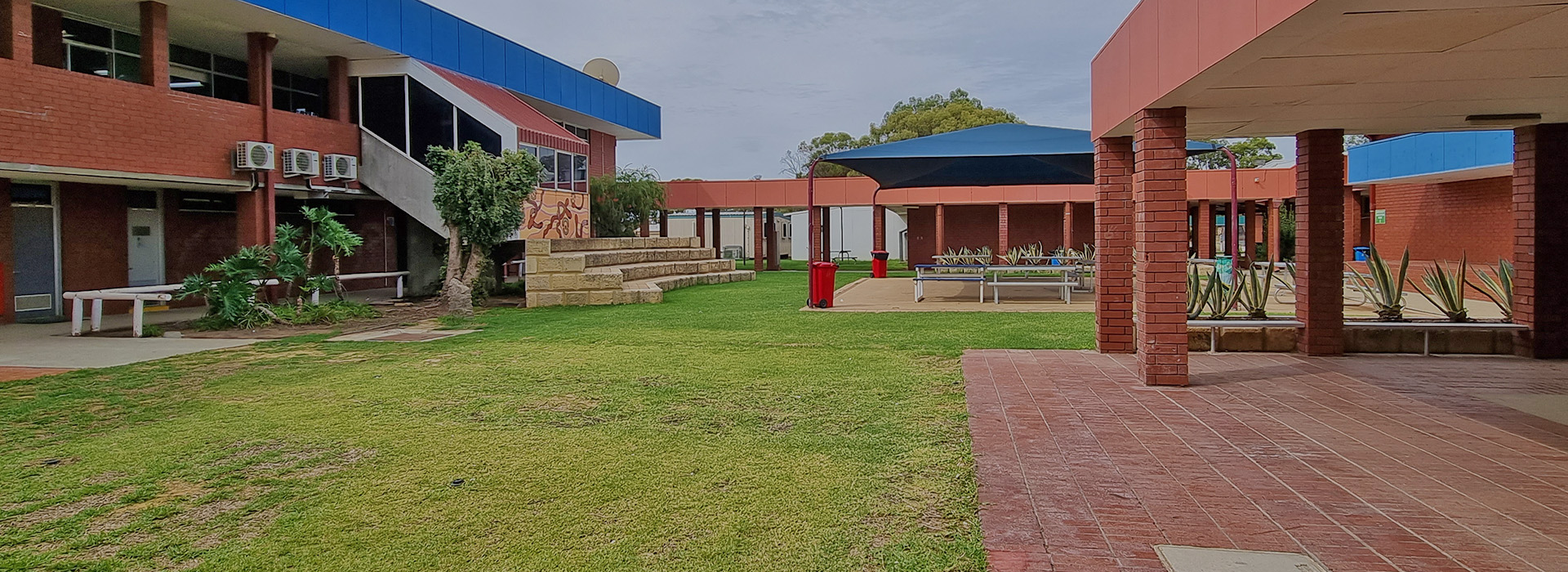
Senior SIDE Courses
SIDE courses are available to Year 11 and 12 students who wish to do a course not on offer face-to-face at school. Some of the popular courses students opt for, are listed below.

Psychology
In the Psychology ATAR course students will be introduced to psychological knowledge which supports an understanding of the way individuals function in groups. Students learn about major psychological models and theories, and the methods used to conduct scientific investigations in the discipline of psychology. Students apply research methods and ethical principles as they analyse data to illustrate how empirical procedures are used to examine phenomena, such as memory, attention, attitudes, personality and group behaviour. Acquiring this foundation of scientific method and critical thinking is a valuable skill which students can apply throughout their study, work and everyday lives.
Economics
Economics explores the choices which all people, groups and societies face as they confront the ongoing problem of satisfying their unlimited wants with limited resources. The Economics ATAR course aims to develop students’ ability to analyse the allocation, utilisation and distribution of scarce resources that determine our wealth and wellbeing. The study of Economics provides a framework for examining society’s issues and identifying possible solutions which assist decision making. The emphasis of the course is on the Australian economy.
Mathematics Methods
This course focuses on the use of calculus and statistical analysis. The study of calculus provides a basis for understanding rates of change in the physical world, and includes the use of functions, their derivatives and integrals, in modelling physical processes. The study of statistics develops students’ ability to describe and analyse phenomena that involve uncertainty and variation.
Mathematics Methods provides a foundation for further studies in disciplines in which mathematics and statistics have important roles. It is also advantageous for further studies in the health and social sciences. In summary, this course is designed for students whose future pathways may involve mathematics and statistics and their applications in a range of disciplines at the tertiary level.
Physics
In the Physics ATAR course students will learn how energy and energy transformations can shape the environment from the small scale, in quantum leaps inside an atom’s electron cloud, through the human scale, in vehicles and the human body, to the large scale, in interactions between galaxies. Students have opportunities to develop their investigative skills and use analytical thinking to explain and predict physical phenomena. Students plan and conduct investigations to answer a range of questions, collect and interpret data and observations, and communicate their findings in an appropriate format. Problem-solving and using evidence to make and justify conclusions are transferable skills that are developed in this course.
Design: Photography General
In the Design ATAR course students develop skills and processes for current and future industry and employment markets. Students are equipped with the knowledge and skills to understand design principles and processes, analyse problems and possibilities, and devise innovative strategies within design contexts. These include photography, graphics, dimensional design and technical graphics. The Design ATAR course also emphasises the scope of design in professional industries allowing students to maximise university pathways.
Geography General
In the Geography General course students learn how to collect information from primary and secondary sources, such as field observation and data collection, mapping, monitoring, remote sensing, case studies and reports. Geography as a discipline values imagination, creativity and speculation as modes of thought. It develops students’ knowledge about the interconnections between places and explores the spatial patterns and processes related to environments at risk, and to the protection of such environments through management at local, regional and global levels.
- Students can choose from multiple SIDE courses, the above courses are the ones that are regularly studied by SIDE at Central Midlands SHS. For a list of SIDE Subjects follow the included link.










